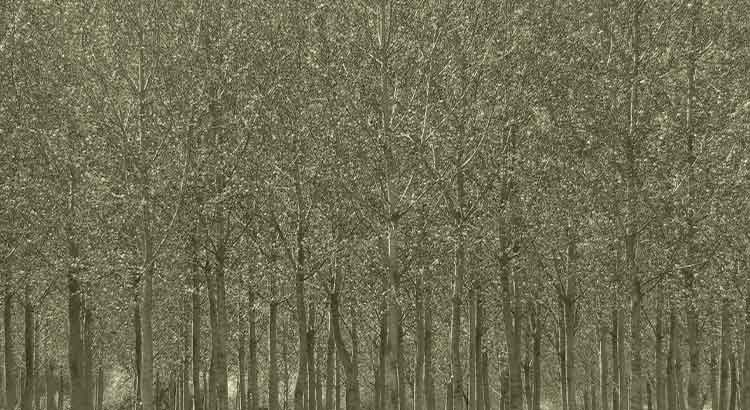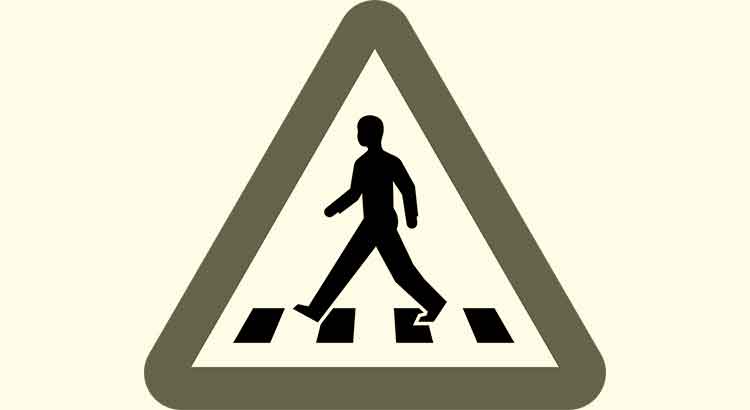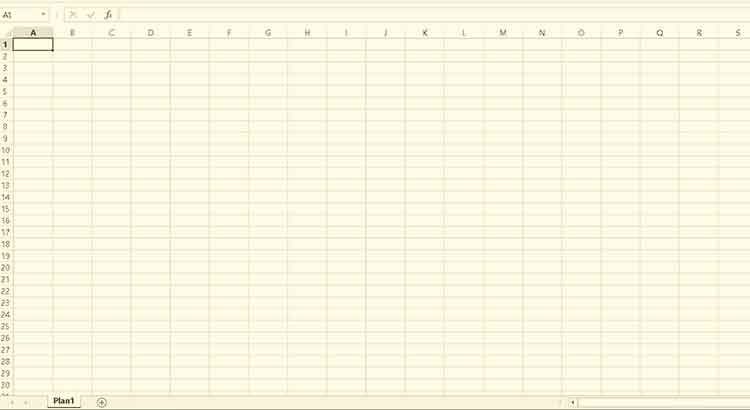The evolution of poetry over the centuries gives us a false illusion of freedom gained, it seems to us that, over the centuries, the poets have been gradually getting rid of the ties of the verses until reaching the free verse. In part, the poets proved themselves capable of breaking old conventions, introducing new expressive resources (the enjambement, for example) and expanding the aesthetic possibilities of poetry. But it is false to think that, sitting down to compose, the poet feels free as to form, even in free verse. That, of course, if he is a good poet. But why? Because even if he gives up the metrics, the rhymes, varies the stanzas and extrapolates the limits of the verse, the poet will be bound by the rhythm. If he wants to compose a good poem, he is not free to put the words where he wants. Rhythm, the balance between tonic and tense syllables, cadenced movement of sounds: the day the poem that ignores these principles is considered good, we will all be—from illiterate to philistines—great poets.
____________
Read more:



